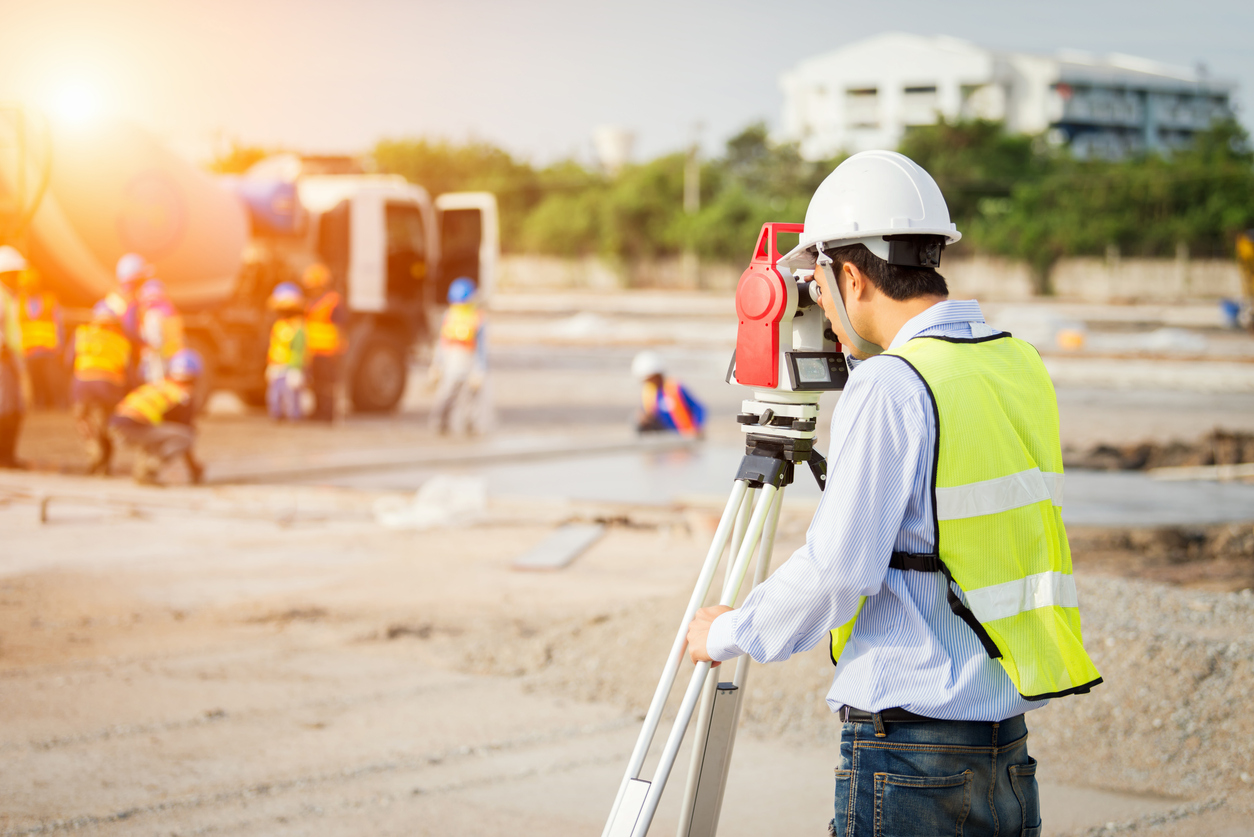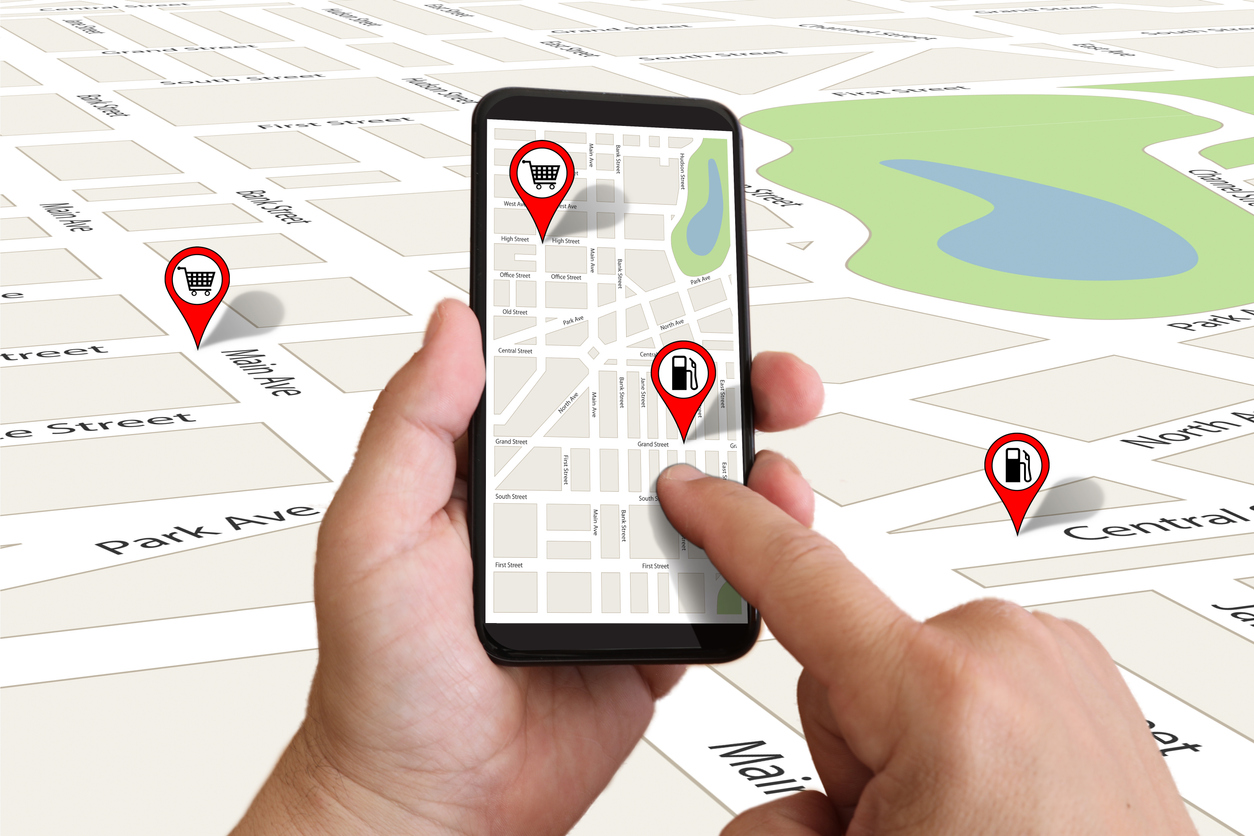
For many thousands of years, mankind has been able to figure out how to track their position and navigate. Sailors used the stars to navigate around the globe, and this was happening a long time ago, perhaps as far back as ancient Rome and China. Over the many centuries, we have figured out different navigational tools, such as compasses and maps. But none of these tools and methods have been as accurate or convenient as the Global Positioning System, abbreviated “GPS” for short. It’s truly one of mankind’s most underrated innovations, and it’s used in a wide range of fields, from everyday navigation while travelling to helping construction crews survey land for large construction projects.
Systems like RTK GPS help people in the field of construction save a ton of time and money while also keeping people safe and, of course, getting more accurate measurements on distances, angles, levels, etc. Some places, like Bench Mark USA, have available all the latest and greatest surveying equipment that you could ever need to do the job and to replicate these accurate, beneficial results. Though whether you’re in the industry or just curious, many people want to know one thing: How does GPS actually work? Let’s speak about that some below.
The Functionality of GPS
The Global Positioning System is a series of 24 satellites in Near-Earth Orbit (NEO). These satellites orbit our planet at about 12,500 miles above sea level. They’re constantly viewing the Earth and taking pictures of the terrain.
The images captured by the satellites are shared in real-time with dozens of ground stations on the Earth’s surface, and this is how the information is relayed to individual GPS units in cars, phones, surveying tools, etc. These measurements are extremely accurate and always to date, giving people information down to the smallest fraction of an inch. The use of GPS has made it much easier to survey land, especially for large-scale jobs. It removes human error and also helps to keep people safe, as they no longer have to traverse the terrain to take their measurements.

Understanding RTK GPS
For people who deal with GPS a lot, especially in the surveying industry, they may have also heard of RTK options with their GPS. RTK stands for Real-Time Kinematic, and this is basically just a very advanced version of global positioning, whereby the precision of satellite data is enhanced. RTK works with GLONASS, Galileo, GPS, and every other positioning system. The cool thing about RTK is that it can self-correct in real-time using things like interpolated virtual stations or single references to correct for centimetre-level accuracy. It’s this level of amazing accuracy that makes RTK such a go-to option for surveying tools in the industry.
Is GPS Reliable?
Because it’s a system, some people’s first thought is that GPS is susceptible to shutting down, much like the power grid or something similar. This isn’t the case, however. In order for the entire positioning system to end up offline, it would take all off the satellites failing and all of the ground stations suddenly not working. This is highly unlikely to happen naturally. If there’s an issue with a satellite, the others in orbit continue to work and transmit while that satellite can be repaired.
How Accurate is GPS?
Generally speaking, GPS is accurate to three meters, anywhere on the planet. This is the base setting that you’re going to get, its default accuracy. When using certain survey tools, this accuracy gets much better and will typically give you measurements within the inch. With the RTK boost, you’re improving the accuracy even more and will get accuracy down to the centimetre.
Is GPS Easy to Use?
GPS is free to use, though it might not be easy for everyone. You won’t need specific training or to get some degree in using it, but it will take some practice to get used to understanding how to take and read the information. This is especially true with surveying tools. You will need to be practiced in using them to get the most benefit.
The satellites are up there in orbit right now, just waiting for you to grab some high-quality surveying equipment to use for your next job.




